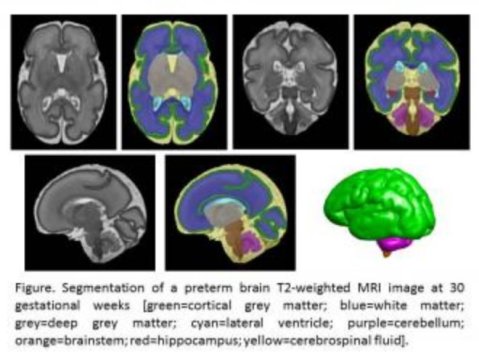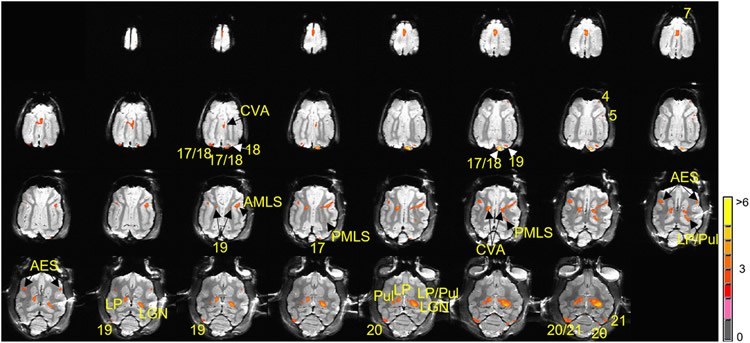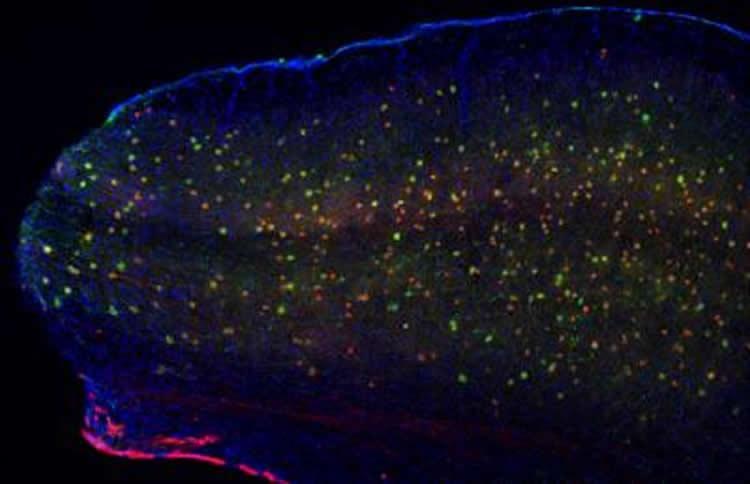Dietary lipids, already an important source of energy for tiny preemies, also provide a much-needed brain boost by significantly increasing global brain volume as well as increasing volume in regions involved in motor activities and memory, according to research presented during the Pediatric Academic Societies 2019 Annual Meeting. “Compared with macronutrients like carbohydrates and proteins, lipid intake during the first month of life is associated with increased overall and regional brain volume for micro-preemies,” says Catherine Limperopoulos, Ph.D., director of MRI Research of the Developing Brain at Children’s National and…
Read MoreCategory: Brain
The impact of exercise and sleep on depression varies by gender
For some people, getting enough exercise and quality sleep can alleviate depressive symptoms almost as effectively as antidepressants alone, research has shown. But a new University of Michigan study suggests that exercise and sleep impact depression differently in men and women. Principal investigator Weiyun Chen, an associate professor of kinesiology, and first author Ana Cahuas looked at exercise and sleep patterns in more than 1,100 college students at Beijing University. Participants completed three questionnaires assessing depressive symptoms, physical activity habits and sleep patterns. For men, vigorous and moderate physical activity…
Read MoreBrain mapping: New technique reveals how information is processed
Scientists have discovered a new method for quickly and efficiently mapping the vast network of connections among neurons in the brain. Researchers combined infrared laser stimulation techniques with functional magnetic resonance imaging in animals to generate mapping of connections throughout the brain. The technique was described in a study published in the journal Science Advances. “This is a revolution in detecting connections in the brain,” said senior author Anna Wang Roe, Ph.D., a professor in the Division of Neuroscience at OHSU’s Oregon National Primate Research Center. “The ability to easily map…
Read MoreDo you smell what I smell?
Several years ago the internet was captivated by the enigma of “the dress” – specifically, was the dress black and blue, or was it white and gold? No matter what you saw, the viral debate served to highlight that humans differ remarkably in how we each perceive our personal sensory world. While even vision scientists disagree about why people saw the dress so differently, a new study from the Monell Center and collaborating institutions sheds light on understanding the extensive individual differences in how we sense odors. By showing that…
Read MoreCan the effects of the ketogenic diet help prevent epilepsy after traumatic brain injury? Mouse study
Neuroscientists led by Chris Dulla at Tufts University School of Medicine prevented the development of epileptic activity in mice after traumatic brain injury by using a drug that mimics the metabolic effects of the ketogenic diet. An advance copy of the study is published today in JCI Insight. The ketogenic diet was originally developed in the 1920s to treat drug-resistant epilepsy in children. By limiting carbohydrates in the diet, the body is forced to burn fat rather than glucose, the usual source of energy in the body. Although researchers do not…
Read More




